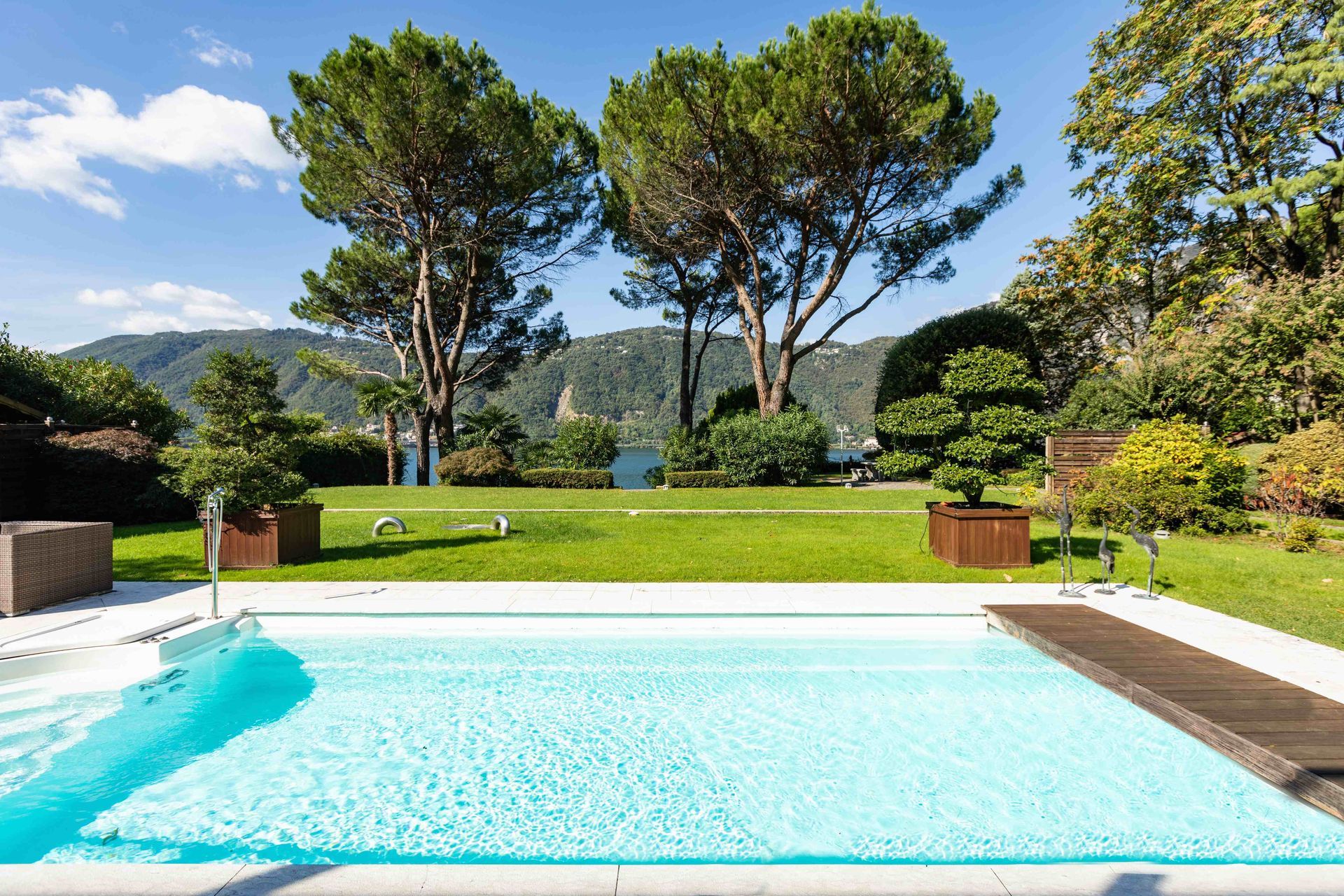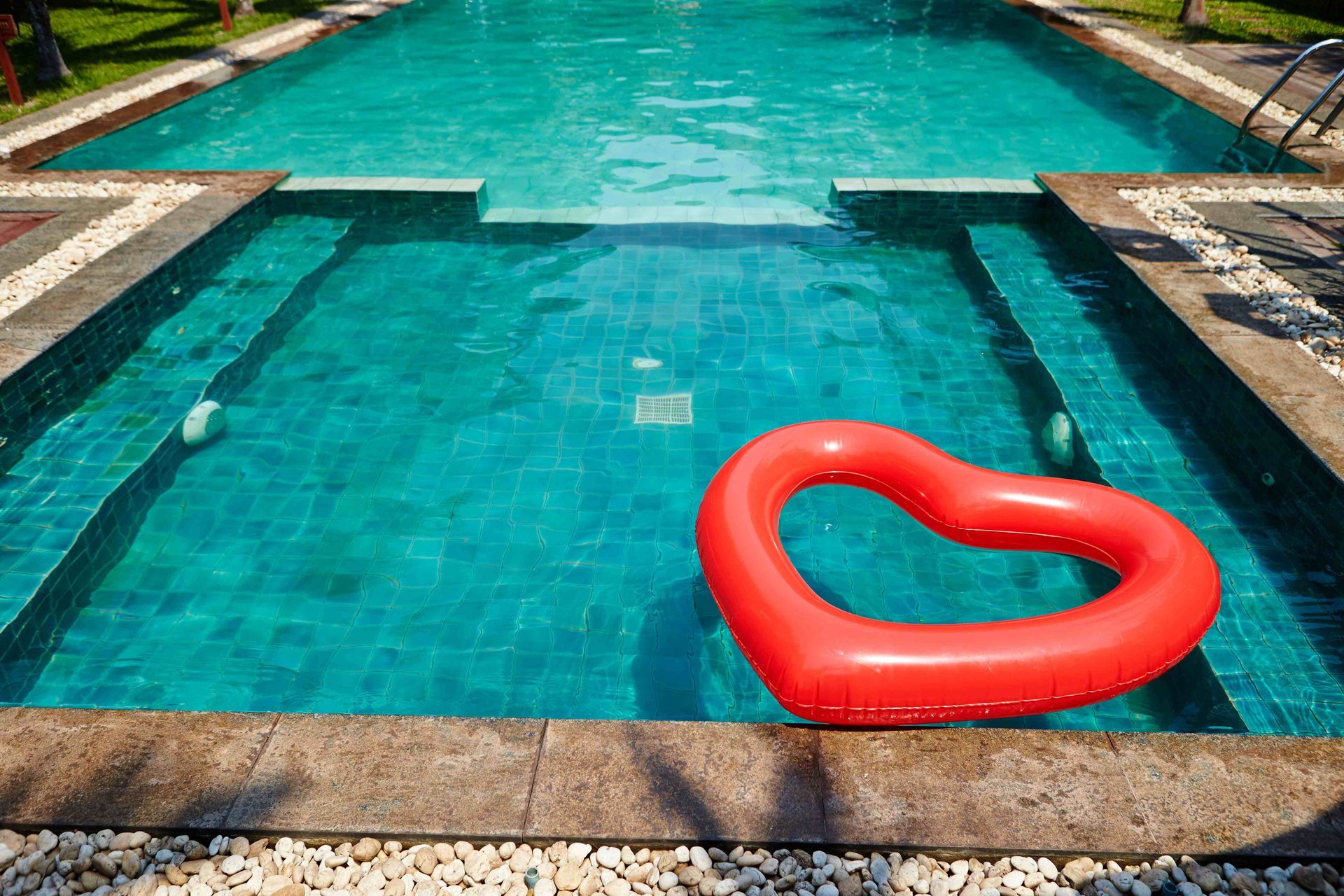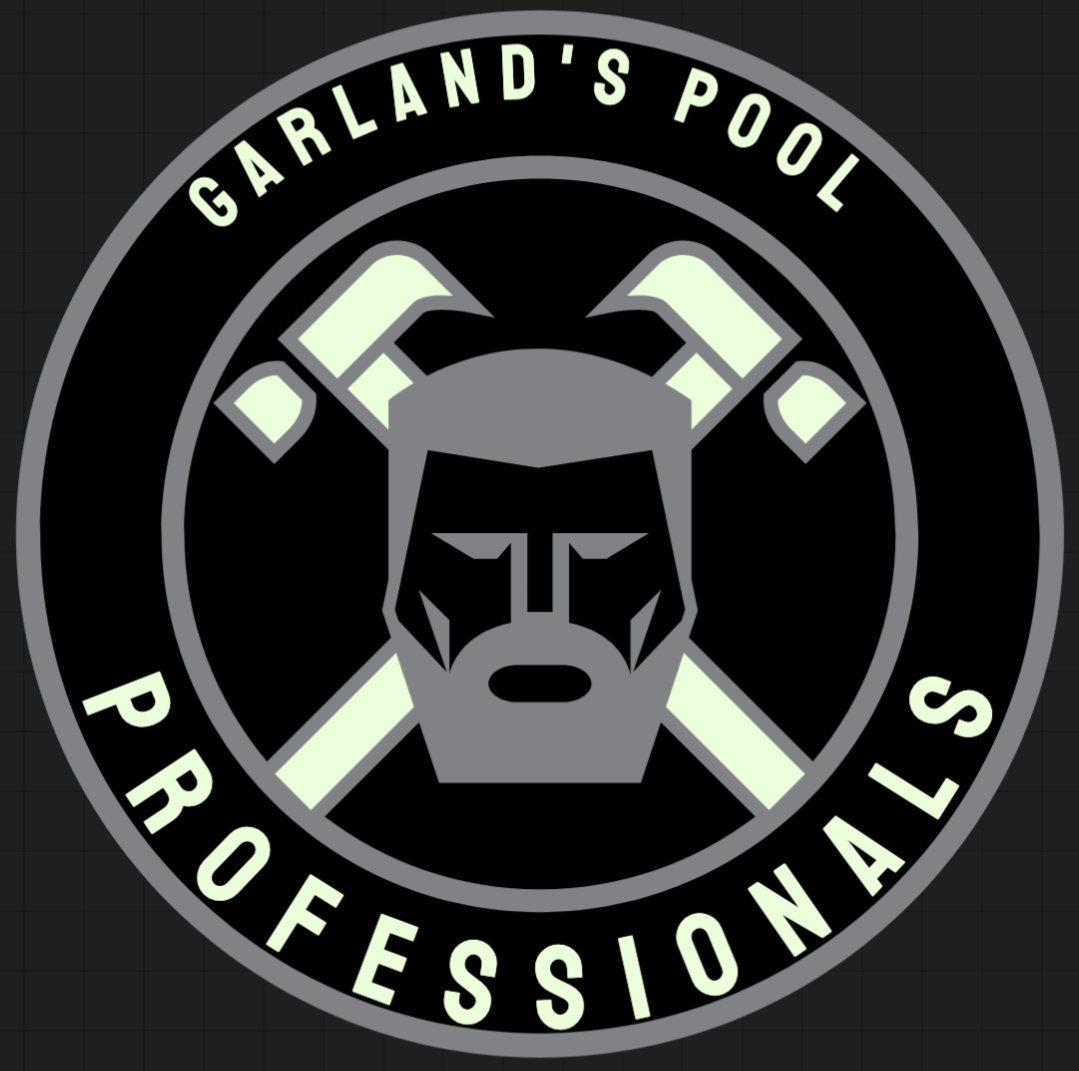What is The Best Size Swimming Pool for Your House?
When considering
adding a swimming pool to your home, one of the first questions that comes to mind is: What is the best size for a swimming pool? It's a great question. The size of the pool can affect everything, from how much fun you can have to how much it costs to maintain. Here's a guide to help you decide on the perfect pool size for your home. We'll take into account your space, budget, and how you plan to use your pool.
Understanding Your Space
The size of your yard is the most obvious factor that will limit the size of your pool. You need to consider not only the size of the pool itself but also the surrounding area for walking and safety, landscaping, and possibly a patio or deck.
- Measure Your Yard: Get a clear idea of the dimensions of your yard. This helps in knowing what pool size could fit comfortably.
- Consider Proportions: The pool should look balanced in your yard. A huge pool in a small backyard might look overwhelming.

Pool Size and Usage
How you plan to use the pool plays a crucial role in deciding its size.
- For Family Fun: Looking for a pool that's good for kids and family activities? If so, a medium-sized pool might be perfect. These usually range from 18 to 24 feet in length and are large enough for swimming laps and playing pool games.
- For Entertainment: Do you love hosting pool parties? If so, you might want a larger pool with features like a diving board or a slide. These pools are 24 feet or larger, in general.
- For Exercise: If the main purpose is exercise, like swimming laps, a long, narrow pool might be best.
Budget Considerations
The larger the pool, the higher the initial cost for installation and the ongoing costs for maintenance. Here are some cost-related points to consider:
- Installation Costs: Larger pools require more materials and labor to build.
- Maintenance Costs: More water means more chemicals and energy to keep the pool clean and heated.
- Water Usage: Larger pools also mean more water used. This can be a consideration depending on the water rates in your area.

Choosing the Right Shape
- Affordable Borrowing: Mortgages usually offer lower interest rates than other types of loans.
- Simplified Payments: Combining your pool cost with your mortgage means only one monthly payment.
- Boost Home Value: A pool can increase your property value. This is especially true in places like Garland, TX, where outdoor living is of high value.

Local Regulations and Restrictions
Before making any final decisions, it's important to check with your local building department. There might be restrictions on pool size, required fencing, and other safety features.
- Building Permits: Most localities require a permit to build a pool, which might have specifications on the pool size.
- Safety Regulations: There may be required safety features like fencing, which could affect where you can place your pool and what size it can be.

Longterm Value
While it's important to think about the immediate enjoyment a pool can bring, consider its long-term value as well. A well-chosen pool size can add to your property value. This is especially true in neighborhoods where pools are common.
- Market Trends: Look at other homes in your area. Does having a pool increase their value?
- Future Buyers: Consider if future buyers would find the pool attractive.
Choosing the best size for your swimming pool involves a balance of personal preferences, practical limitations, and financial considerations. Whether it's for relaxation, entertainment, or exercise, the right pool size for your home should align with your lifestyle needs. It also needs to fit within the physical constraints of your property.
Remember to plan with care and consult professionals to make the most of your investment. With the right planning, your new pool will provide years of enjoyment for you and your family.

